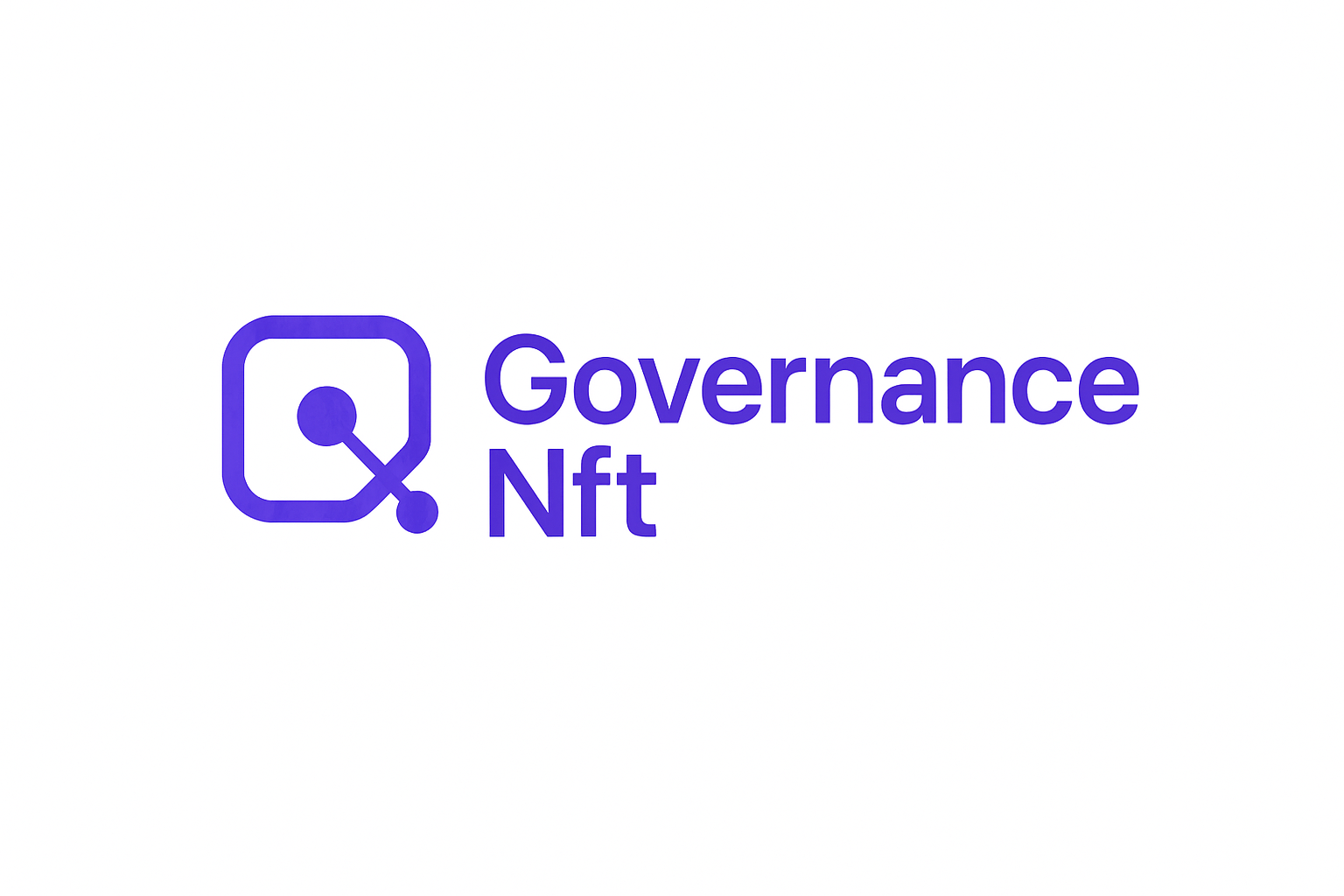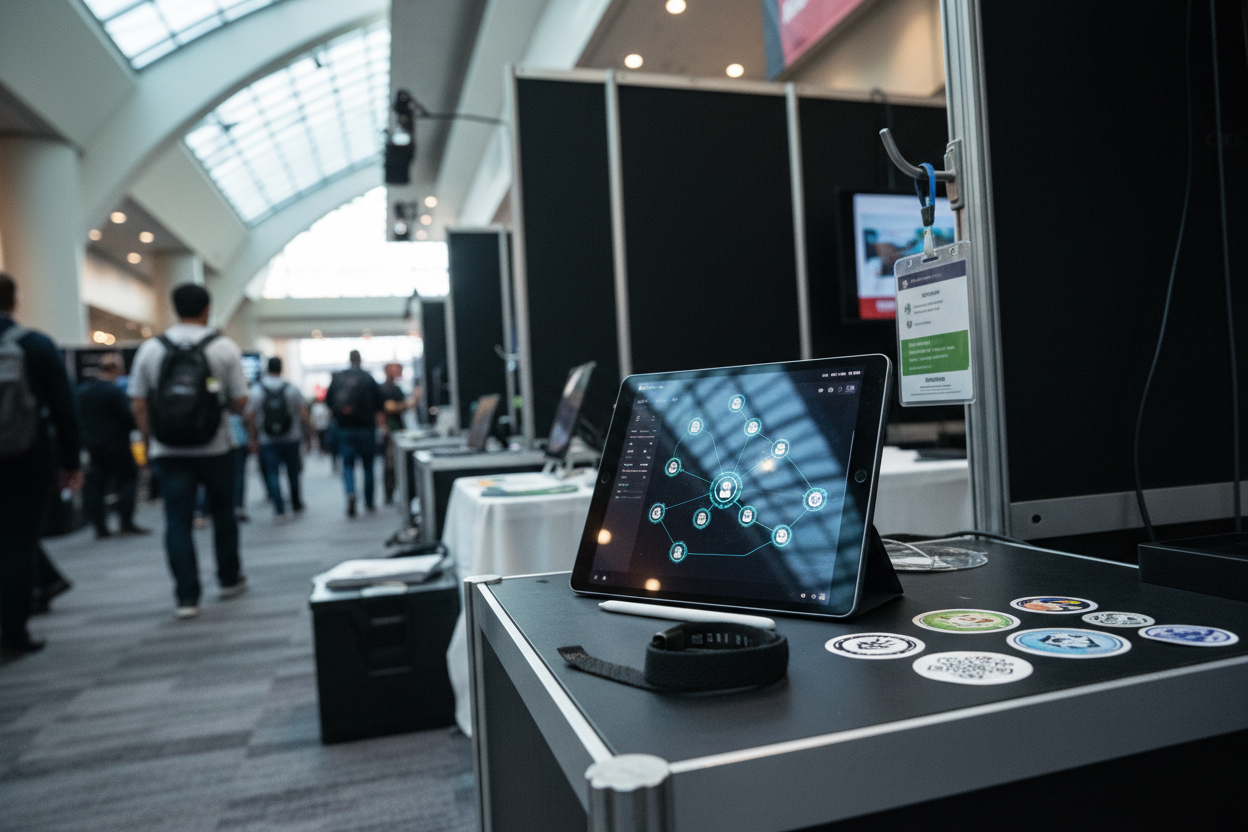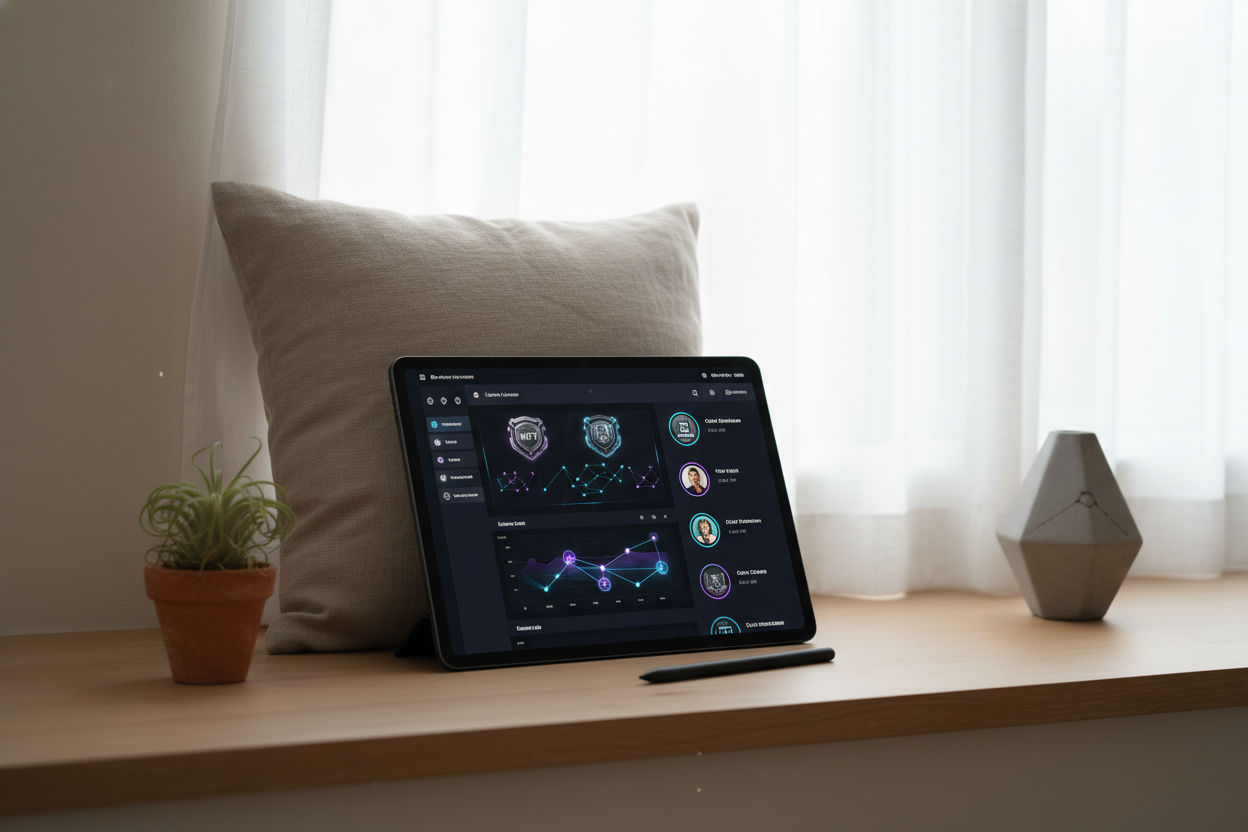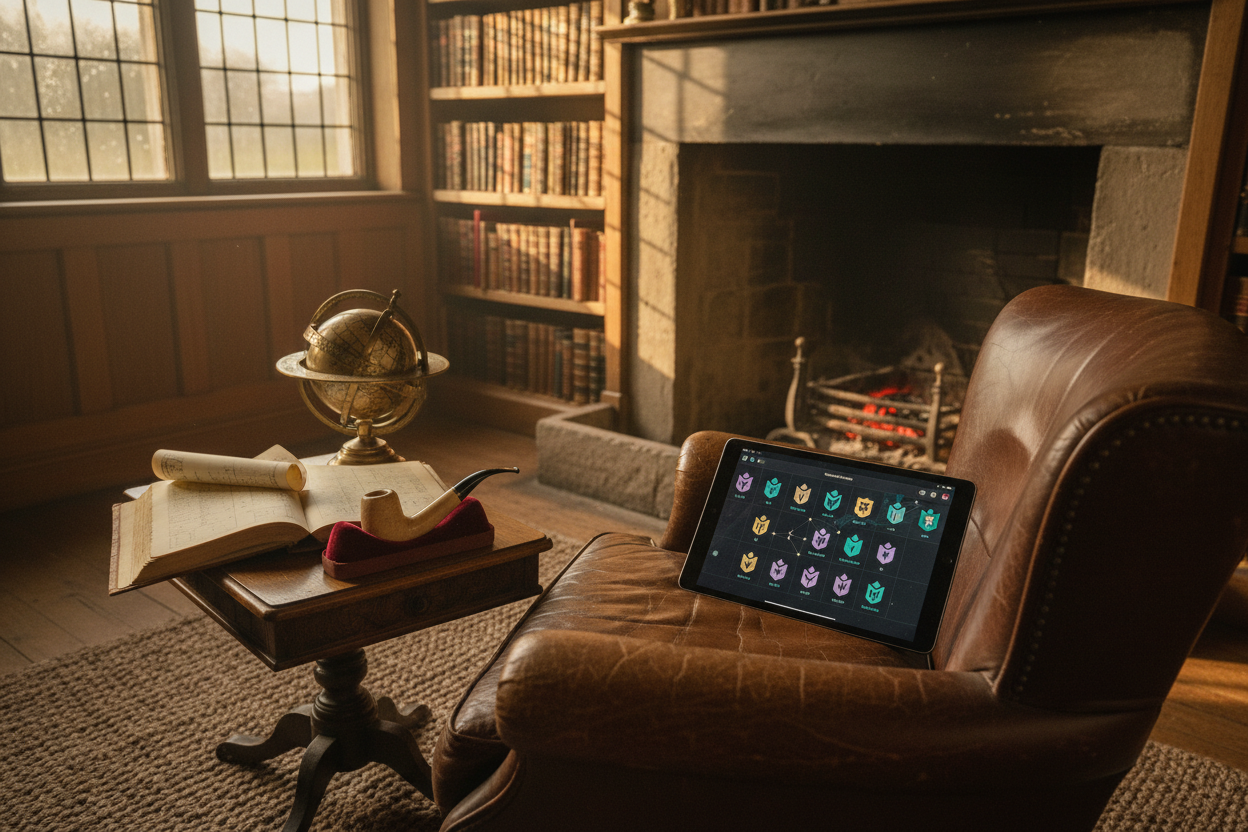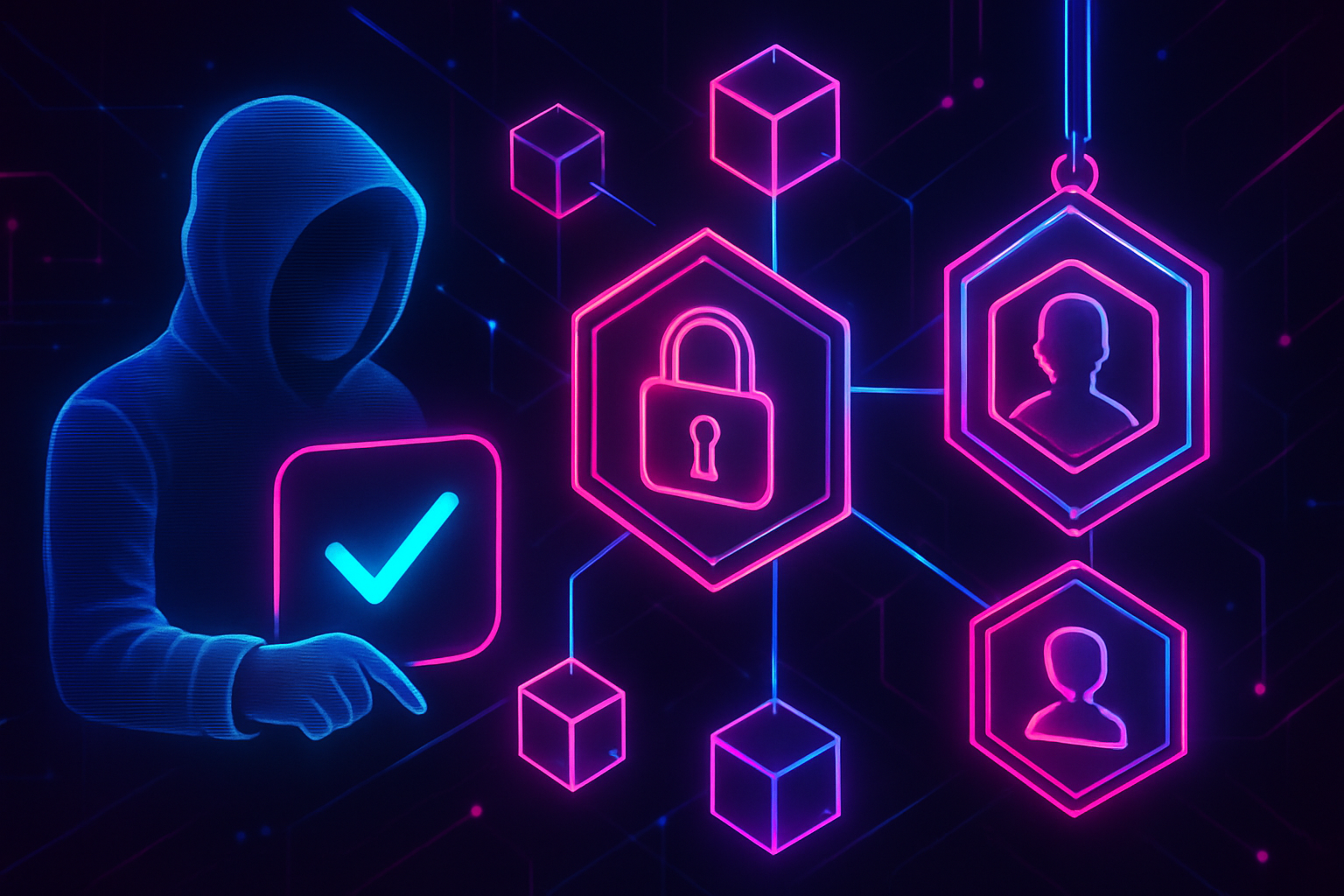
Imagine if casting your vote in a DAO felt less like shouting into the blockchain void and more like dropping a secret ballot into a high-tech, tamper-proof box. That’s exactly what’s happening as private DAO voting powered by governance NFT badges starts to reshape how decentralized communities make decisions. If you’re picturing pixelated badges and encrypted ballots duking it out behind the scenes, well, you’re not far off. Let’s pull back the curtain on how this all works, why privacy matters, and what it means for actual human beings (not just whales and bots) in Web3 governance.
The Problem with Public Voting: When Transparency Bites Back
DAOs were built on transparency, every vote, every wallet, right there for all to see. Sounds fair, but here’s the rub: when everyone can see how you voted, things get weird fast. Social pressure creeps in. Influence peddling becomes easier than ordering pizza online. And let’s not forget those infamous whale wallets whose votes come with more weight than a sumo wrestler on leg day.
This is where governance NFT badges step up to the plate. By decoupling voting rights from pure token holdings and tying them to verifiable achievements or roles (think Core Voter Badges), DAOs can reward actual contribution rather than just deep pockets. But even with this innovation, if your badge is visible and your vote is public, privacy concerns don’t magically disappear.

Enter Encrypted Ballots: How Private Voting Actually Works
The real magic trick? Combining these governance NFT badges with privacy-preserving tech like zero-knowledge proofs (ZKPs). In plain English: you prove you have the right to vote without revealing who you are or how you voted. It’s like showing your ticket at a concert gate without anyone knowing whether you’re here for Taylor Swift or Slayer.
Encrypted ballots DAOs use systems where each vote is mathematically scrambled (encrypted), then tallied up in a way that no one, not even the protocol itself, can link votes back to individuals. Projects like NounsDAO have already rolled out these features using ZKPs and protocols such as Kite for private delegation, letting members delegate or revoke voting power without exposing their choices (read more here). The result? More honest participation and fewer awkward DMs asking why you voted against Chad’s meme proposal.
Why Privacy-Preserving Governance NFTs Are a Game Changer
If you’ve ever hesitated before clicking “vote” because you feared backlash, or worse, being labeled a party pooper, you’ll appreciate what private voting unlocks:
5 Ways Privacy-Preserving NFT Badges Are Transforming DAO Participation
-
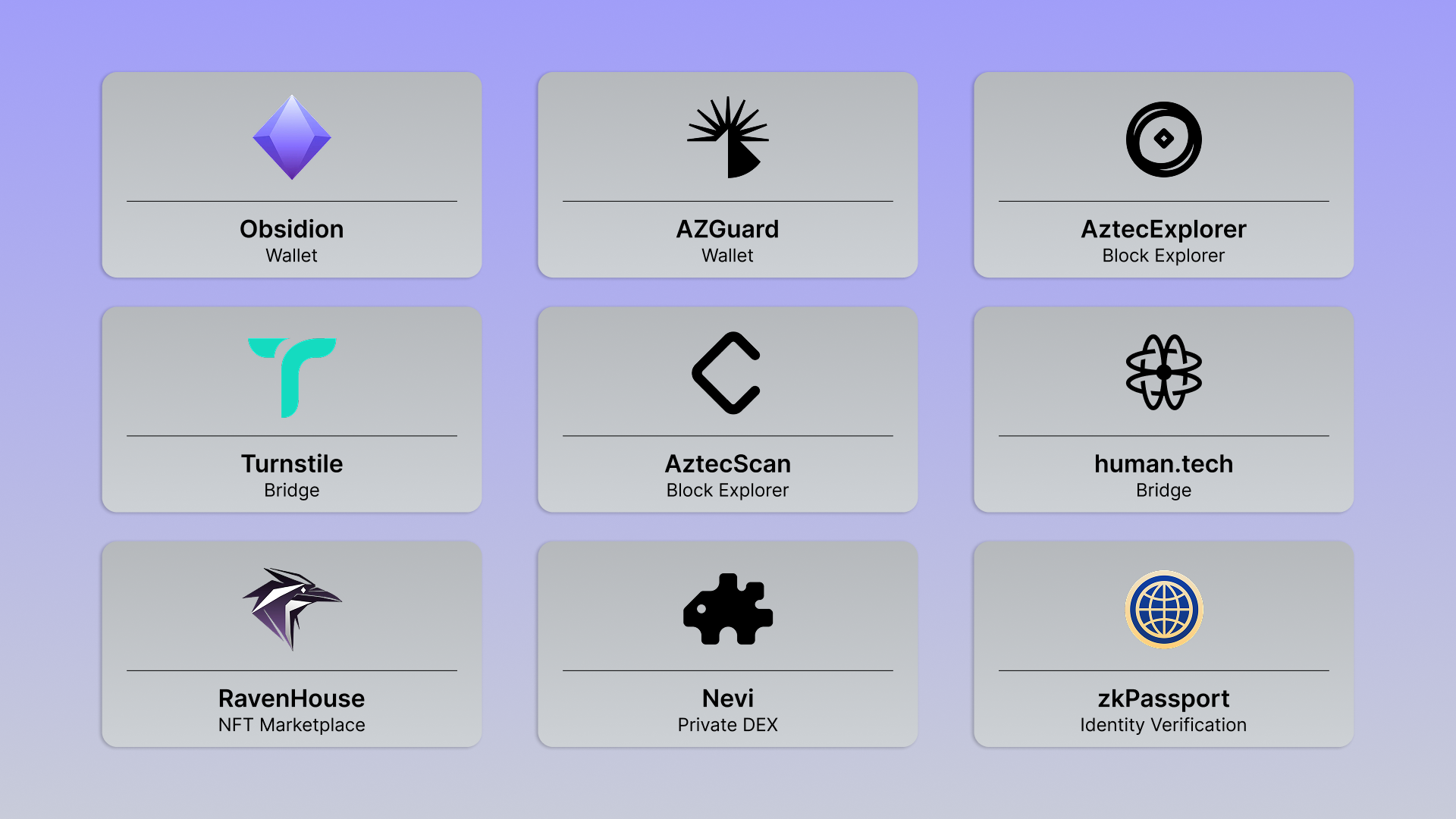
1. Enabling Truly Anonymous Voting: Privacy-preserving NFT badges, powered by zero-knowledge proofs (like those used in Aztec Network and NounsDAO’s private voting), let members cast votes without revealing their identity or vote choice—no more popularity contests, just pure governance.
-
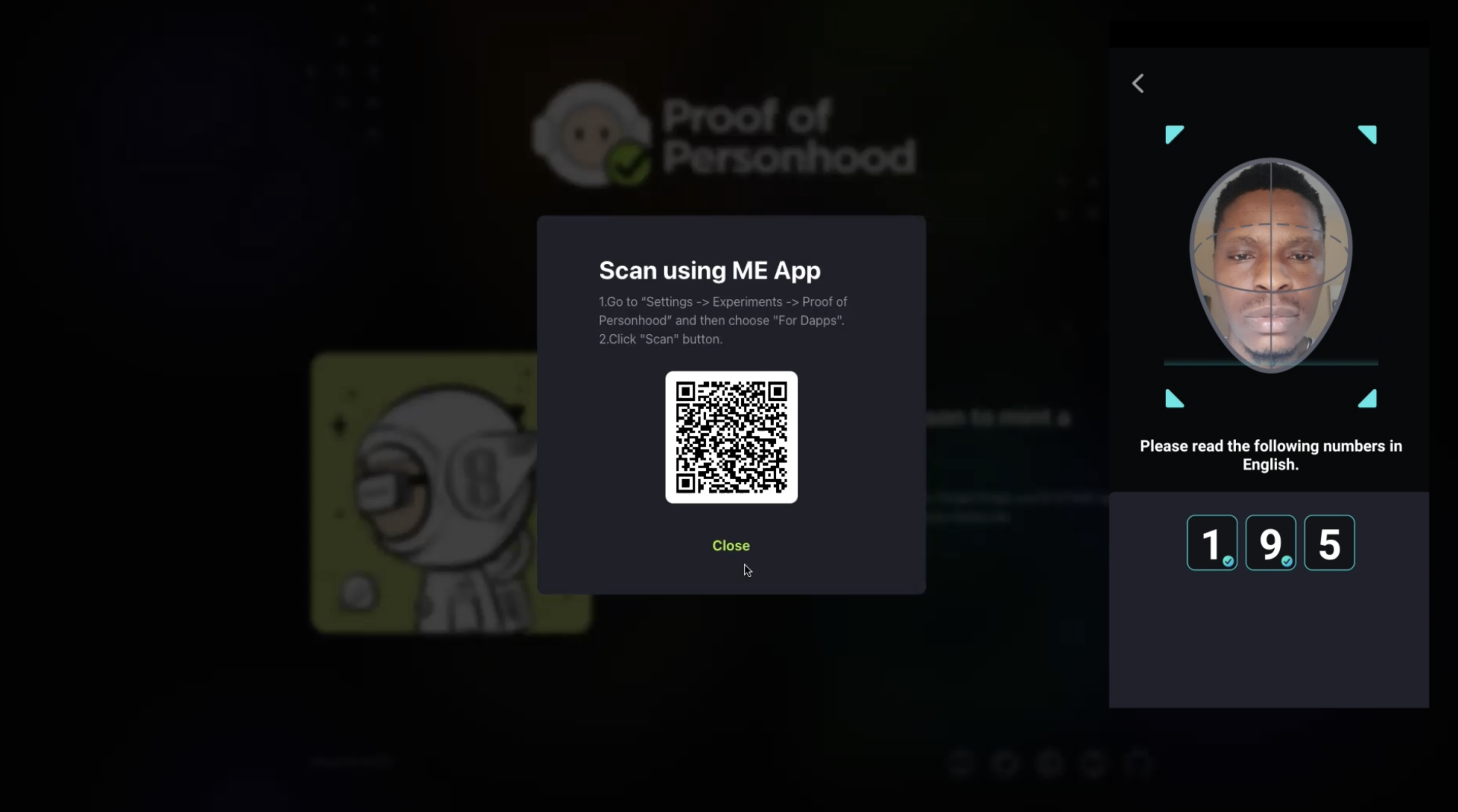
2. Preventing Sybil Attacks with Unique Badges: Each governance NFT badge acts as a unique, verifiable credential (think Proof-of-Personhood), making it tough for bad actors to game the system with fake accounts. One badge, one vote, one real member.
-
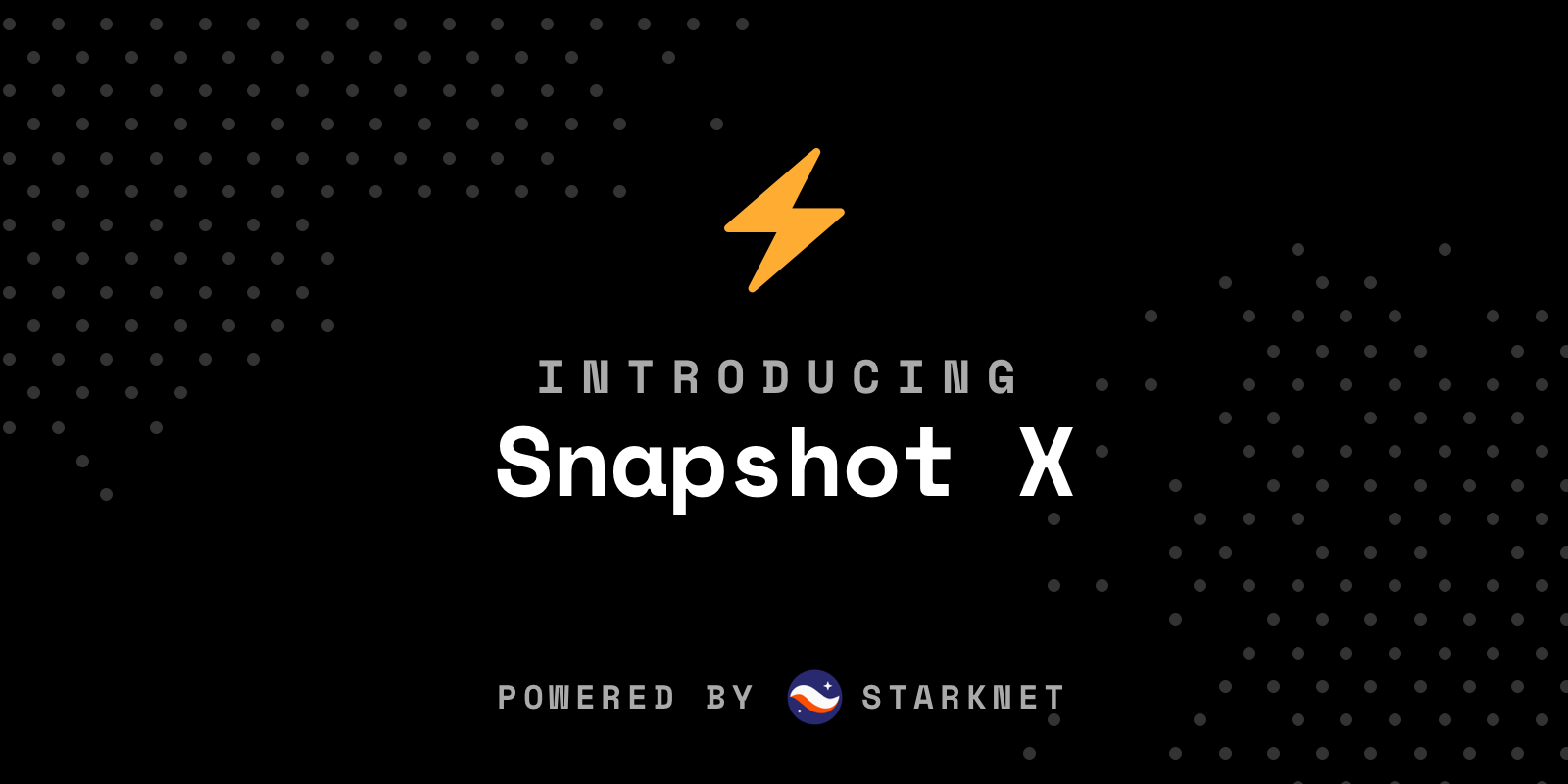
3. Decoupling Voting Power from Token Hoarding: Platforms like Snapshot now let DAOs assign voting rights based on NFT badges tied to real contributions—not just wallet size. This levels the playing field and gives power to active participants, not just the whales.
-
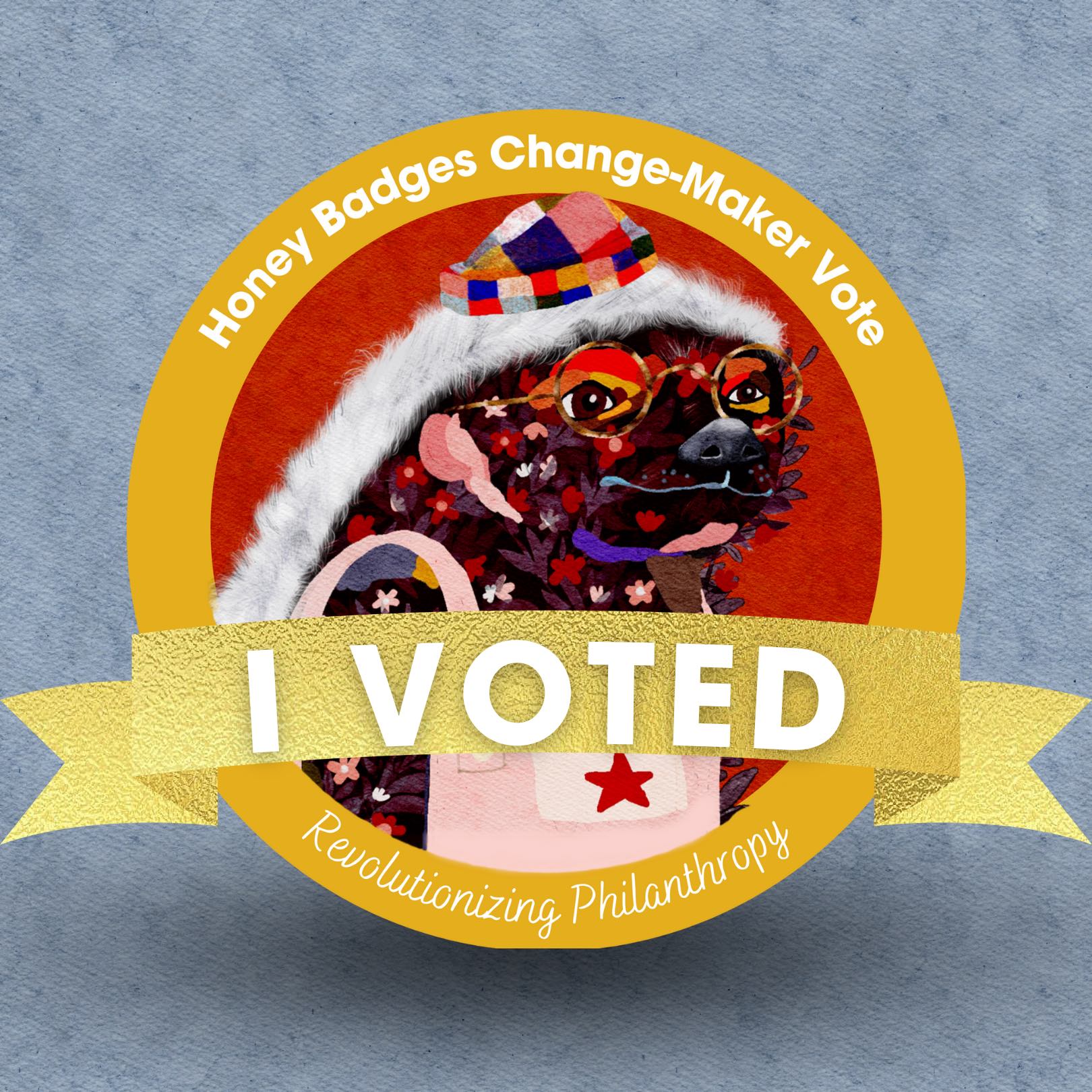
4. Building Transparent & Tamper-Proof Reputation Systems: Governance NFT badges serve as on-chain records of a member’s achievements and roles. This creates a transparent, immutable reputation system, rewarding meaningful participation and helping DAOs spot their true MVPs.
-
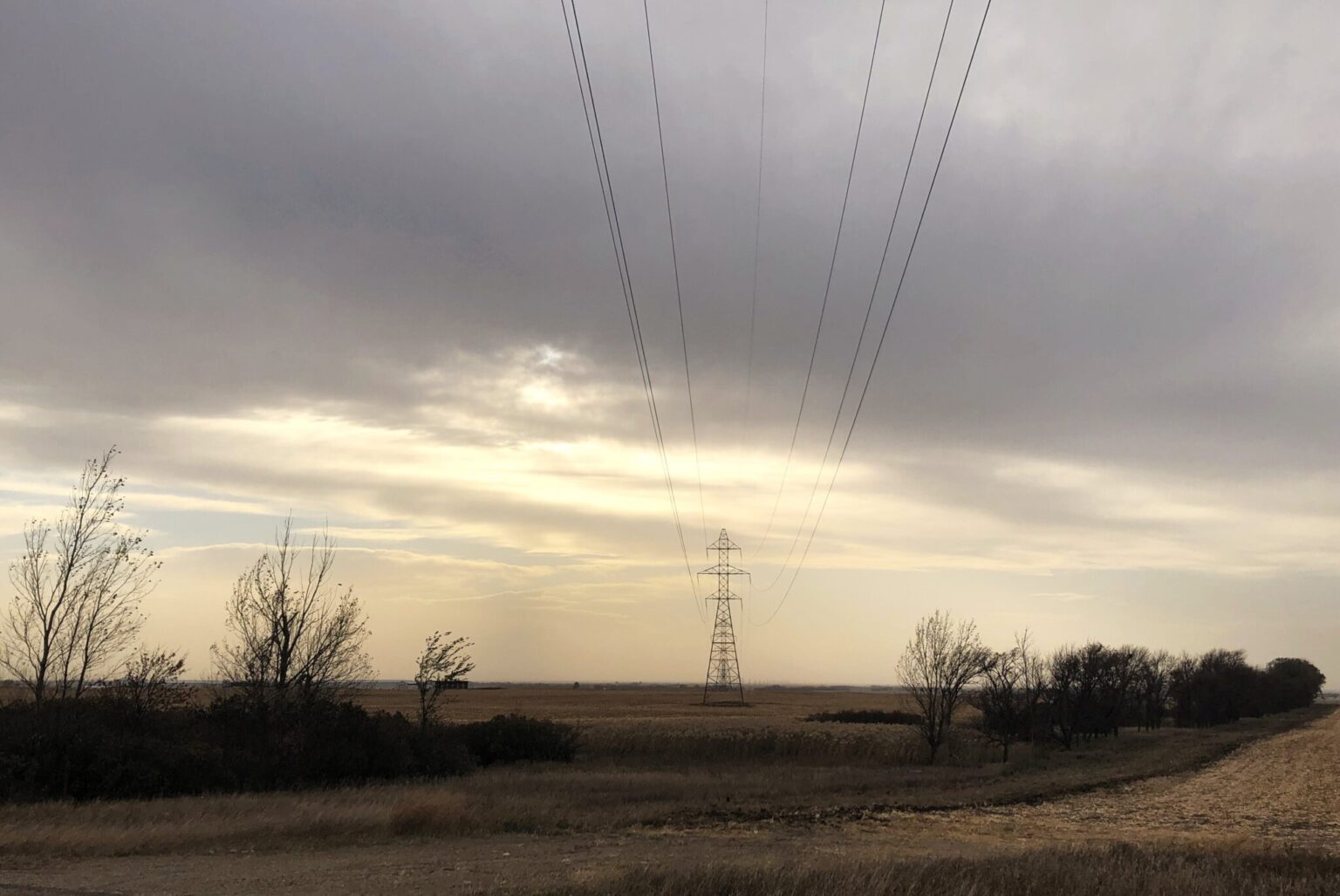
5. Enabling Private Delegation of Votes: Protocols like Kite allow members to delegate, revoke, or re-delegate voting power—without anyone knowing who delegated to whom. Secret alliances? Maybe. But definitely more privacy and flexibility!
Proof-of-personhood NFTs, combined with ZKPs, ensure that each participant gets one verified voice per badge, no Sybil attacks allowed, while keeping identities under wraps (source). This not only levels the playing field but also incentivizes real engagement since every badge earned reflects meaningful contribution rather than wallet size alone.
The New Reputation System: More Than Just Bragging Rights
You know those old-school leaderboards where whoever had the most tokens was king? Those days are numbered. With privacy-preserving governance NFTs, DAOs can build transparent yet pseudonymous reputation systems where every badge tells a story, your story, but doesn’t spill all your secrets.
This shift helps prevent peer pressure while still making it easy for communities to recognize consistent contributors and reward them accordingly (without putting them on blast). And yes, it makes bribery way harder, which is bad news for shady operators but great news for everyone else trying to create fairer DAOs.
But let’s be real: for all the tech wizardry under the hood, the real value is in how these systems empower actual people. DAO members can now participate without worrying that their every move is being scrutinized by whales, bots, or that one guy who always has “constructive feedback. ” The result? More thoughtful votes, less groupthink, and a governance process that finally feels as decentralized as it claims on the tin.
What Does Private DAO Voting Look Like in Practice?
Picture this: You’ve just earned a shiny new NFT badge for helping squash bugs or writing killer documentation. This badge isn’t just a digital trophy, it’s your ticket to cast an encrypted ballot on the next big proposal. Thanks to zero-knowledge voting blockchain protocols, you can prove you’re eligible to vote without revealing your wallet address or voting choice. No more worrying about retaliation from whales if you don’t toe the party line.
DAOs like NounsDAO and others are already piloting these privacy-first approaches. Their experiments with private delegation (using protocols like Kite) mean you can pass along your voting power when you’re busy, no need to announce it to the world or tip off would-be influencers. It’s like having a silent partner who won’t spill your secrets at the next community call.
The Tech Behind Privacy: Zero-Knowledge Proofs and Proof-of-Personhood
If you’re wondering how all this privacy magic happens, here’s a quick rundown (minus the PhD-level math):
- Zero-knowledge proofs (ZKPs): Let you prove something is true (like owning a voter badge) without revealing any extra info.
- Proof-of-personhood NFTs: Ensure each human gets only one vote per badge, stopping Sybil attacks dead in their tracks.
- Encrypted ballots: Make sure votes can’t be traced back to individuals, even by DAO admins.
The combo of these tools means DAOs get all the benefits of transparency and verifiability, without sacrificing privacy. Want more details? Check out this deep dive on how governance NFT badges enhance DAO voting power and reputation systems.
Do you prefer private or public voting in your favorite DAO?
With DAOs now using NFT badges for voting and some adopting private voting mechanisms, how would you like votes to be conducted in your favorite DAO?
Challenges Ahead: Not All Sunshine and Rainbows
No system is perfect, not even one built on cryptographic fairy dust. Some DAOs still struggle with onboarding users to these new privacy tools; others worry about balancing transparency with accountability. And let’s not forget: whale wallets may still exist, but their power is blunted when influence comes from badges earned through merit rather than sheer token weight (see details here).
The good news? As more DAOs adopt privacy-preserving governance NFTs, best practices are emerging around everything from badge issuance to vote tallying and dispute resolution. The days of open-vote peer pressure are numbered, and that’s something worth celebrating (preferably with a meme contest decided by private vote).
The Takeaway: Privacy Isn’t Optional, It’s the Future of DAO Participation
If DAOs want broad, honest participation, and not just from whales or die-hard governance nerds, they need systems where every member feels safe casting their vote. By combining governance NFT badges, encrypted ballots, and zero-knowledge tech, DAOs are finally making good on their promise of decentralized decision-making that’s secure, fair, and actually fun.
The upshot? Your voice matters more than ever, and thanks to these innovations in private DAO voting, nobody but you (and maybe your cat) will ever know if you voted for pineapple pizza on-chain.
